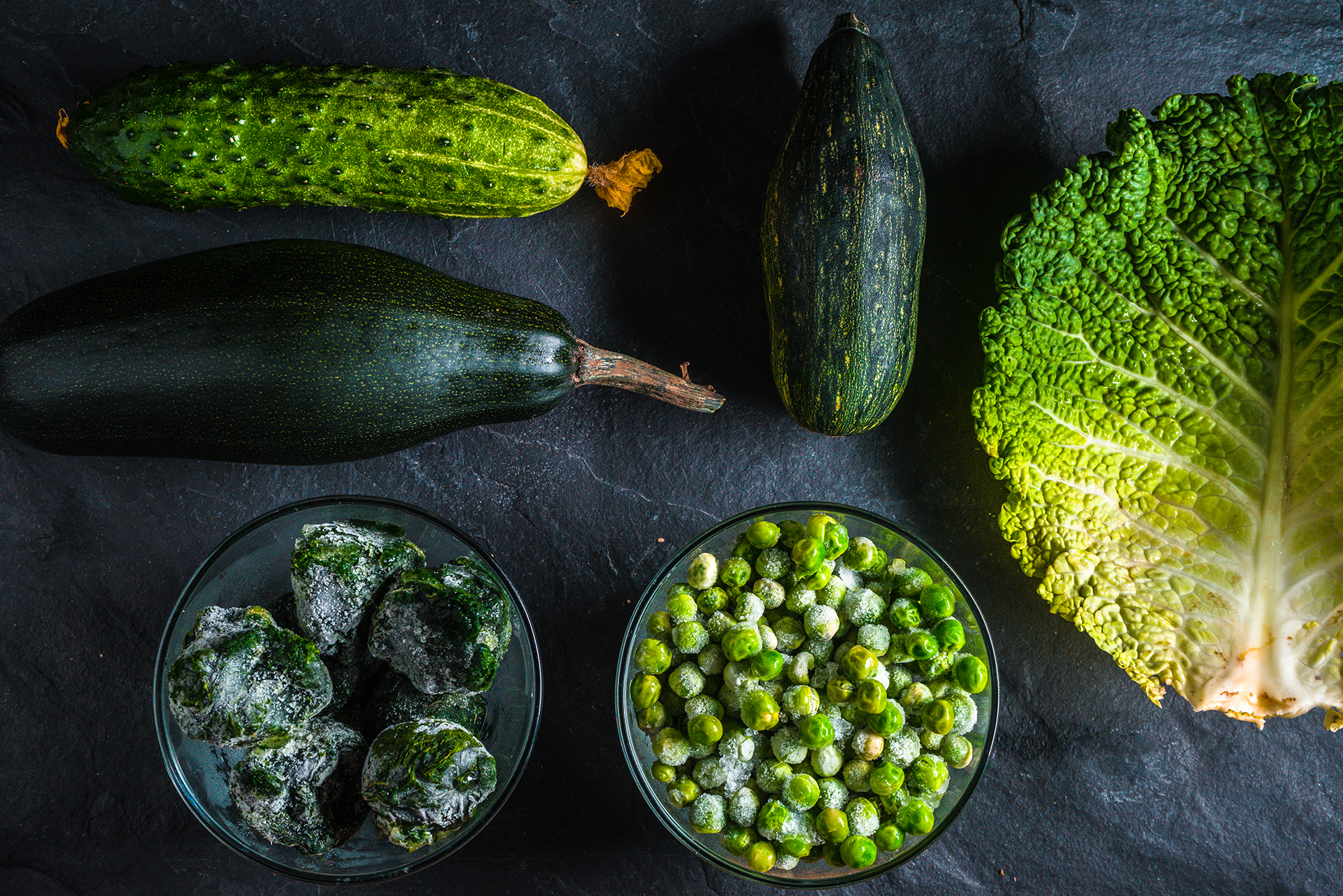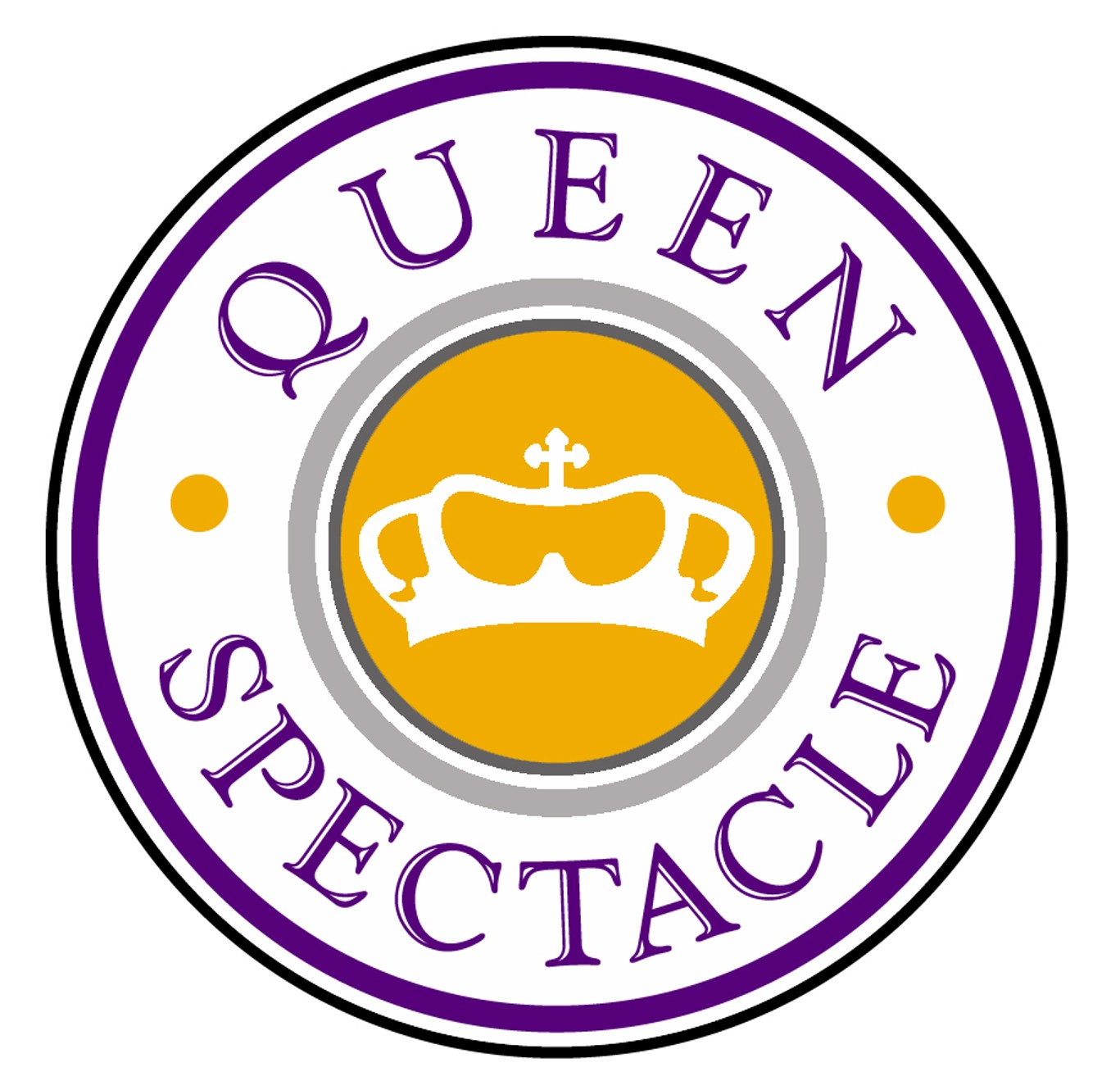
By: Dr. Marina Ceaus (Optometrist)
Without a doubt, vision is one of our most important senses. Our vision allows us to interact with our world, gives us information about where and how to move, and lets us know how to to react to our environment. One of the most common questions I get in practice is what can we all do on a daily basis to preserve our vision and keep our eyes healthy. Keeping our eyes healthy is extremely important to ensure that we have clear and comfortable vision for the rest of our lives.
To start we need to protect our eyes from harmful light in our environment. The two main sources are uv light coming from the sun and blue light coming from screens and LED lights. Both of these types of light cause damage to the macula, the part of the retina that does all of our high acuity vision. This is the most important part of the eye as it is the tissue that provides us our sharpest vision. Damage to this area is irreversible, and leads to macular degeneration, a devastating condition that causes central vision loss. To prevent damage from uv light, sunglasses or contact lenses with uv protection are important. To prevent damage from blue light, glasses with a blue light blocking coating or there is now new technology contact lenses that are blue blocking are necessary.
To keep the retina tissue healthy proper nutrition is necessary. Green leafy vegetables and orange coloured vegetables, such as kale, broccoli, green and orange peppers, carrots and pumpkin provide the proper vitamins for the macula to maintain its integrity. Foods high in antioxidants such as berries and red wine, provide the ability to take away free radicals that can cause the cells of the retina to become damaged.
Nowadays we all spend a significant amount of time on digital devices, including computers, tablets, and cell phones. These devices can cause strain, decreased blinking rate and dry eyes, headaches, difficulty with blurry vision, and can over time alter and change our prescription. It is recommended that every 20 minutes you try to take a break by look at a distance target that is 20 feet away for 20 seconds. Make an effort throughout the day to blink while on digital devices, to help rewet the eyes and prevent dryness.
The most important thing you can do to take care of your eyes is to ensure you get your regular eye examinations. Comprehensive eye examinations are recommended once every 2 years for healthy adults, once a year for children, and once a year for seniors. A dilated eye exam, which allows for a more in depth look at the health of the eyes should be offered as part of your routine eye exam. Most eye diseases may not have any symptoms, meaning you may not see a difference or feel a change. Early detection of diseases can allow for early treatment and prevention of vision loss. However, a late detection makes it challenging to treat the disease and loss of vision becomes irreversible.
Dr. Marina Ceaus is an Optometrist practising in Streetsville. She provides comprehensive eye care to patients in the community, and starts seeing patients as young as 6 months old. You can schedule an appointment with her through her website www.drceausoptometry.com.
